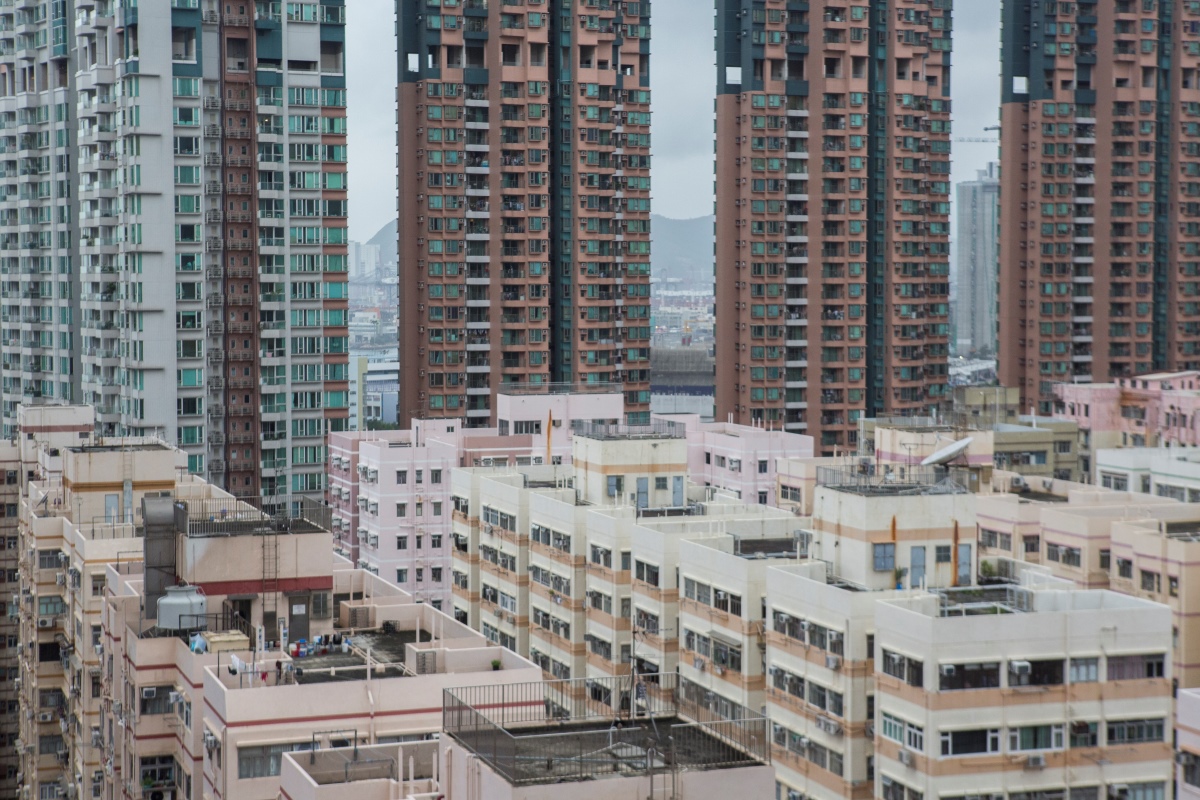As the world’s population continues to grow and cities get bigger, understanding the impacts of climate change on urban communities becomes more crucial by the minute. By 2050, two-thirds of the world’s population is projected to live in cities. Already, a billion people live in informal settlements in cities today.
Julie Arrighi, interim director of the Red Cross Red Crescent Climate Centre, has been studying the impacts of climate change in cities for several years now. Climate change affects urban areas much like anywhere else, she says, by making extreme weather events more intense, frequent and volatile. However, in cities, the impacts are more concentrated due to the high population density. “When we have a mandate as a Movement to reach the most vulnerable people, we have to include cities as well,” Julie says.
The urgency to address this issue is particularly pronounced in Asia and Africa, where cities are growing rapidly, and in Latin America and the Carribean, where approximately 80 per cent of the population now lives in cities.
For these reasons, there is an urgent need to act as well as many opportunities to have a positive impact on the lives of millions of people. “There are so many resources in cities,” she explains, “but we must find ways to adapt and partner with key actors in interesting ways to really have an impact.”
 Red Cross Red Crescent magazine
Red Cross Red Crescent magazine 








